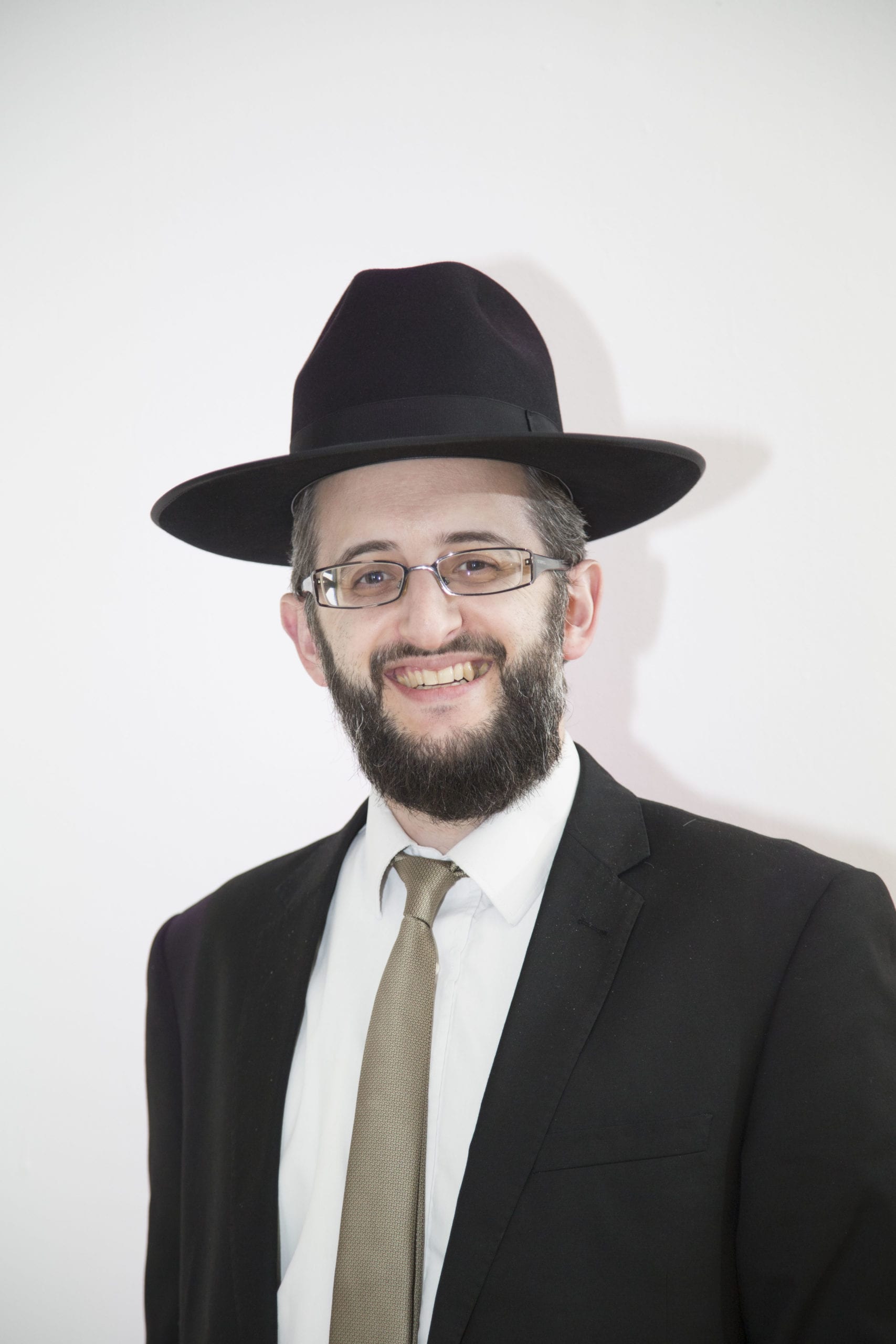
In a speech at a Rabbis conference in Europe, Rabbi Elchanan Wasserman z”l Hy”d shared the following insight in the name of his Rabbi, the Chafetz Chaim. The Chafetz Chaim asked, since the angel who fought against Yaakov Avinu is known to be the Satan/Yetser Hara, why is it that the angel only decided to fight against Yaakov Avinu and not pick an earlier fight with Abraham and Yitschak Avinu?
Rabbi Elchanan used the following analogy to illustrate the Chafetz Chaim’s answer to this question. When two countries are at war, the best strategy to win the war is to disarm the artillery and weaponry of the enemy. Once the weapons have been destroyed, the other side can attack without worry of retaliation and be victorious in the war.
The same idea applies with the Satan only fighting Yaakov and not fighting Abraham and Yitschak. Each of the Patriarchs embodied a certain attribute, Abraham embodied chessed – kindness, Yitschak exemplified prayer and service and Yaakov embodied the study of Torah. Based on these traits, the Chafetz Chaim explained that the Satan is capable of tolerating the Mitsvot of chessed as well as Tefillah and sacrifices. These Mitsvot are not an existential threat to him. However, when the Mitsvah of Torah study is performed, then an all-out war is waged. This is because Hashem says, “I created the Yetser Hara and I created the Torah as an antidote” (Kiddushin 30b).
Hence, the Torah is the antidote, the weaponry and artillery of the Jewish people in the war against the Satan. So by combatting Yaakov Avinu, the Satan attempted to destroy the essence of Torah – our arsenal of weapons, so that he could fulfil his purpose of causing Jewish people to sin.
The Jewish people are often referred to as the “People of the Book.” This is most certainly true, because only through studying Torah and learning its laws and values, have the Jews had the steadfast fortitude to withstand all the detrimental ideologies and philosophies throughout history and remain loyal to Hashem’s will in this world.
Rabbi Asher Weiss was recently in London and shared the following idea in the name of his late father. The Anshei Kenesset Hagedolah (Men of the Great Assembly) were the entity who formulated the Kaddish and Kedushah prayers. Since these prayers are considered matters of holiness, a minyan of ten people was required to recite these holy prayers. Therefore, in order to ensure the presence of a quorum of ten people, the advent of a Shul came into existence. Before this time, people would seemingly pray alone, as there was no need for a minyan, seeing as the Kaddish and Kedushah prayers weren’t yet created nor incorporated. So the foundation of a Shul only came into fruition at the time of the Anshei Kenesset Hagedolah.
However, the institution of a Bet Hamidrash – a place of Torah study, was in existence very early on in history. From the time of Shem and Eiver, going on to Abraham, Yitschak and Yaakov Avinu, as it says “Veyaakov yoshev ohalim” and throughout history, there has always been a place of Torah study.
This teaches us that although a Shul is certainly an important and holy place, which plays a major role in the lifestyle of a Jew, nevertheless, the Bet Hamidrash is an essential and vital entity, without which the Jewish nation would not have been able to survive. It has always been the place that allowed the existence and continuity of Jewish values and education to perpetuate.
In fact, the word “Shul” in Yiddish means “school.” This is because the Shul and Beit Hamidrash are one and the same. A Shul is not only a gathering place for a minyan of ten people only to pray; it is also a “school,” an educational institution, a place where one learns Torah and develops in growing and committing to the adherence of Torah values to come closer to Hashem.
The Gemara in Sota (21a) reveals to us that by learning Torah one “saves and protects,” his surroundings. Thus any amount of time one invests during the week by joining a shiur of Torah or learning Torah with a chavruta in any local Shul or Beit Hamidrash is a praiseworthy investment. This investment “protects and saves” oneself as well as the community around him, against the Yetser Hara’s influences of decadence and destructive ideologies in society today.
By learning Torah one is utilising the weapons and artillery against the Yetser Hara and with the help of Hashem, one is able to be victorious in this continuous war.
Shabbat Shalom.







